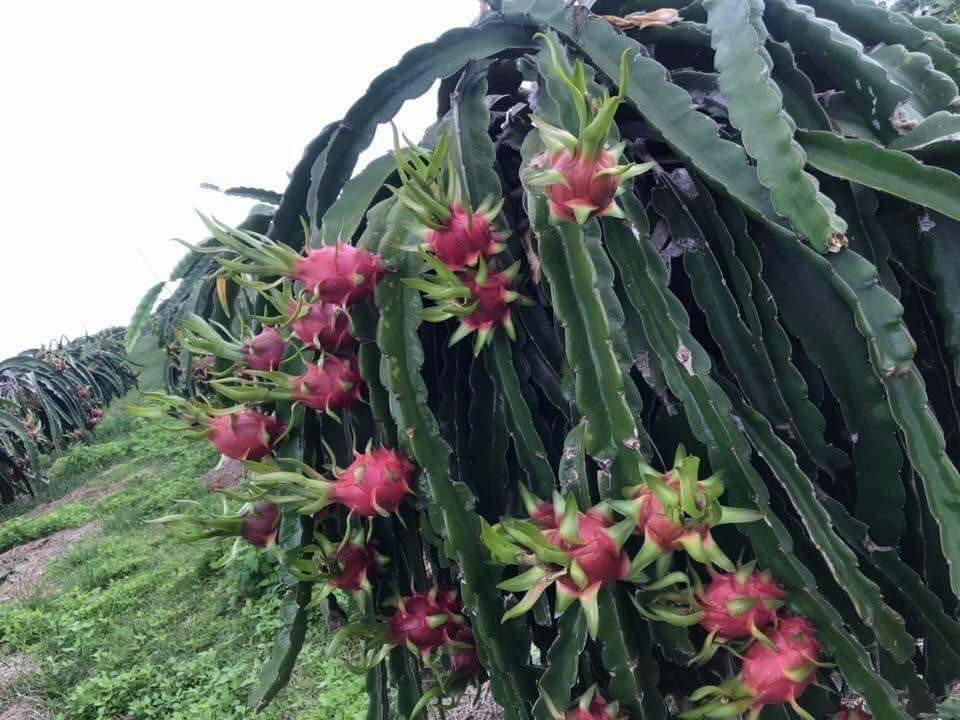
“The passport” of the local advangtageous product
According to Ms. Mai Thanh Nga, Deputy Director of the Department of Science and Technology, Binh Thuan dragon fruit was granted the appellation of origin (geographical indication) in 2006 by the National Office of Intellectual Property (Ministry of Science and Technology).
The Food Industry Bureau under the Ministry of Agriculture, Forestry and Fisheries of Japan (MAFF) agreed to protect geographical indications (GIs) in Japan at the end of the previous year. This is the second GI of Vietnam protected in Japan, after Luc Ngan litchi. Being granted a GI registration means affirming the prestige of Binh Thuan dragon fruit in the Japanese market and having new opportunities for dragon fruit export and consumption in many markets.
Registering geographical indication of Binh Thuan dragon fruit and expanding domestic and foreign consumption
In recent years, thanks to the support of the Department of Science and Technology, Department of Agriculture and Rural Development, many cooperatives (Thuan Tien dragon fruit, Hoa Le clean dragon fruit, Ham Minh 30 dragon fruit production service, dragon fruit, GlobalGAP Tan Thuan, production, business, service of Hong Son dragon fruit, etc) have been granted registration by the National Office of Intellectual Property for the protection of collective marks (basic logo). Binh Thuan Dragon Fruit Association has granted 104 certificates of right to use GI "Binh Thuan" for dragon fruit to organizations and individuals producing VietGAP dragon fruit. However, so far, only 25 certificates are still valid. The certificate of the right to use GIs of some establishments has expired or there is no need to register for the extension.
Leaders of the Department of Science and Technology said that organizations and individuals producing dragon fruits need to create trademarks and register for GI protection. The construction and development of GIs have become a strategy to conserve biodiversity, enhance commercial competitiveness, promote the potential of local resources, and at the same time contribute to combating commercial fraud; raising consumer awareness; increasing product competitiveness; contributing to improving product value, increasing profit value, promoting the process of agricultural and rural development.
At the recent Binh Thuan dragon fruit GI development conference, leaders of the Department of Science and Technology guided the dissemination of regulations on the management and use of GI "Binh Thuan" for dragon fruit; solutions to develop the Binh Thuan dragon fruit biota. Ms. Mai Thanh Nga noted that cooperatives and establishments that have conditions to register GIs of dragon fruit are not only convenient for consumption at home but also abroad.
Binh Thuan dragon fruits are protected in the form of GIs in countries in the European Union (EU) under the Free Trade Agreement between Vietnam and the EU. Dragon fruit branded "Binh Thuan Dragon Fruit & Shape" is protected by 14 countries and territories: the UK, France, Germany, Netherlands, China, Japan, Korea, Thailand, Malaysia, Indonesia, Taiwan, the USA, Singapore, and Hong Kong. The Provincial People's Committee has authorized the Binh Thuan Dragon Fruit Association to grant the right to use the GI "Binh Thuan" granted to organizations and individuals producing qualified dragon fruit.
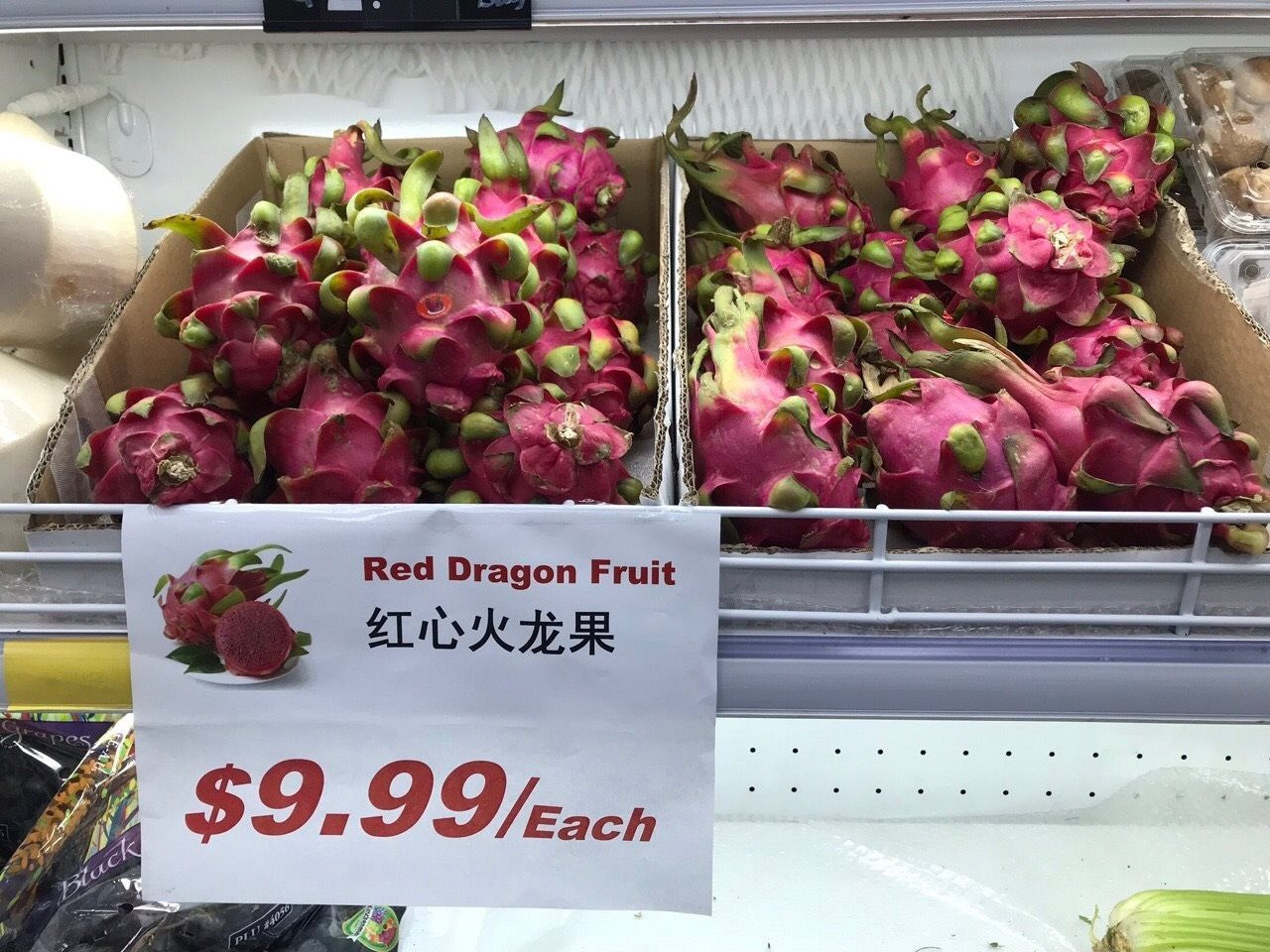
The red dragon fruit exported to New Zealand has increased the value.
A need to promote its function
“In order to ensure the development of Binh Thuan dragon fruit biodiversity in the coming time, serve socio-economic development and promote the value of local traditional industries, the Department of Agriculture and Rural Development has proposed solutions such as strengthening propaganda, mobilizing organizations and individuals producing and trading dragon fruits to carry out procedures for extension or re-certification of management regulations, using GI "Binh Thuan" for dragon fruit; promoting trade promotion activities, expanding the market for dragon fruit consumption, etc. Besides, the control, management, and use of the GI of Binh Thuan dragon fruit, the issuance and use of GI stamps should be focused on." said Ms. Nguyen Thi Phuong Vinh, Deputy Director of the Sub-Department of Cultivation & Plant Protection (Department of Agriculture and Rural Development).
Protected geographical indications play an important role in developing local specialty products and protecting the interests of producers and traders.

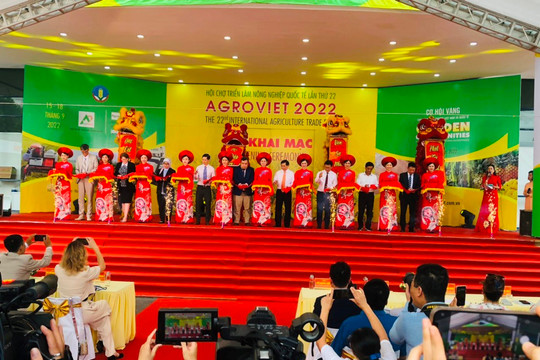

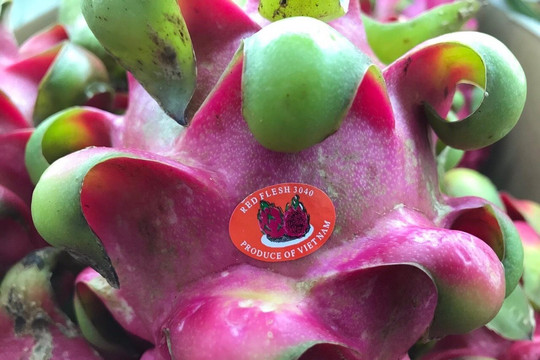
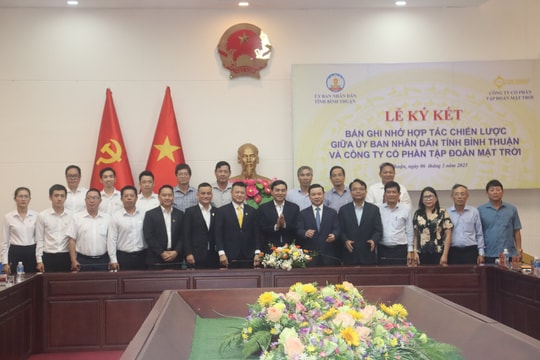



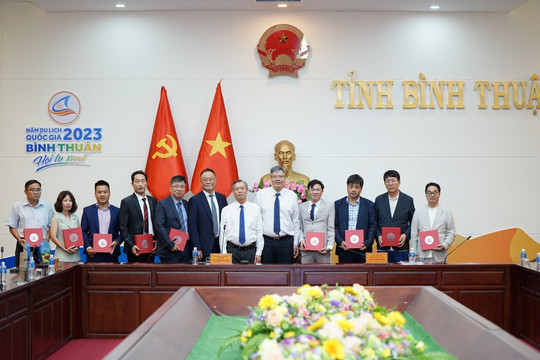
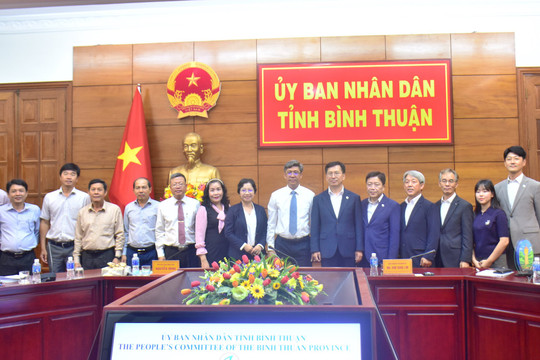






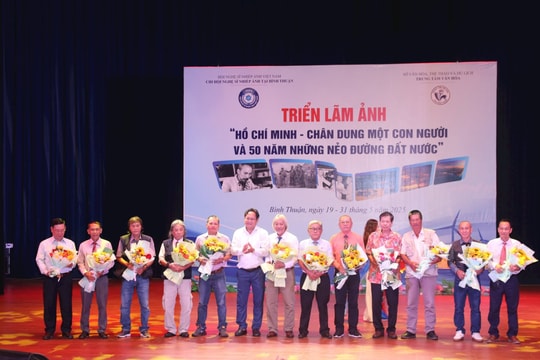


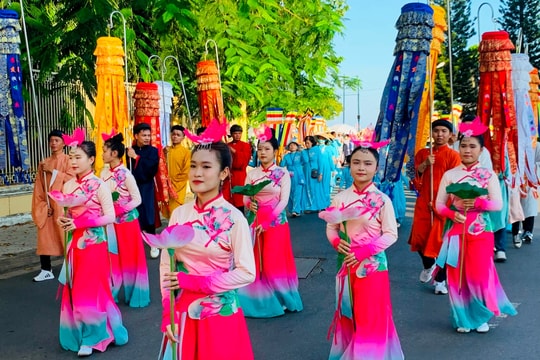



.jpg)





.jpeg)

.jpeg)


.jpeg)


